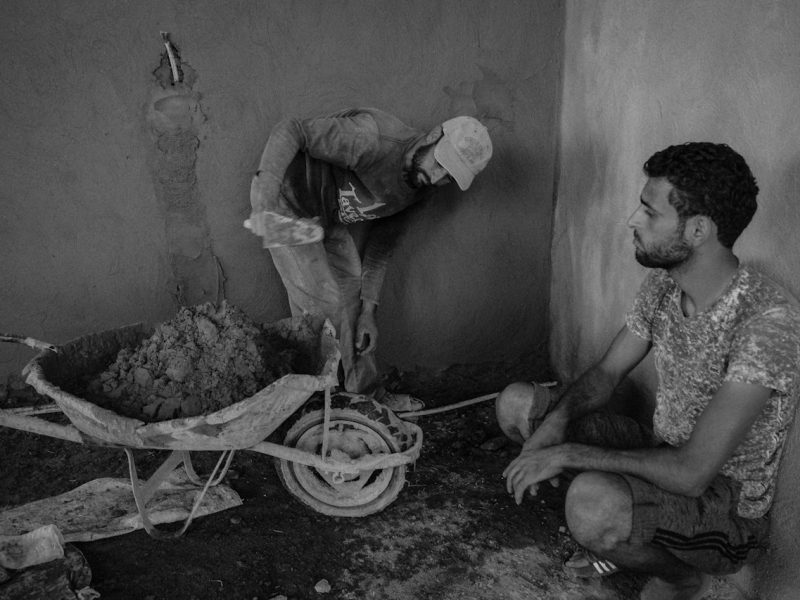Dear Sisters and Brothers,
I offer my welcome to you who have joined the project “Snapshots from the
Borders”. I thank Mr Salvatore Martello, mayor of Lampedusa and Linosa, for the
words he addressed to me on everyone’s behalf. And I also thank you for this
beautiful cross, so meaningful, that you have brought. Thank you. Yours is a
forward-thinking project. It aims to promote a deeper understanding of
migration, which would allow European societies to offer a more human and
coordinated response to the challenges of contemporary migrations. The network
of local authorities and organizations of civil society, from which this project
arose, is determined to contribute positively to the development of migratory
policies that respond to this end. The current migratory scenario is complex and
often presents dramatic consequences. The global interdependencies that
determine migratory flows are to be studied and understood better. The
challenges are many and involve everyone. No one can remain indifferent to the
human tragedies that continue to occur in different regions of the world. Among
these we are often challenged by those having the Mediterranean as their
theatre, a sea of borders, but also of cultural encounter.
Last February, during the very positive Meeting with Bishops of the
Mediterranean, in Bari, I recalled that: “In the Mediterranean region, these
include all who are fleeing war or who have left their homelands in search of a
humanly dignified life… We are aware that, in different social contexts, there is a
growing attitude of indifference… The international community has been content
with military interventions, whereas it should have built institutions that can
guarantee equal opportunities and enable citizens to assume their responsibility
for the common good… In the meantime, we can never resign ourselves to the
fact that someone who seeks hope by way of the sea can die without receiving
help… To be sure, acceptance and a dignified integration are stages in a process
that is not easy. Yet it is unthinkable that we can address the problem by putting
up walls” (Address, 23 February 2020).
In facing these challenges, it seems evident that concrete solidarity and shared
responsibility, both at the national and international level, are indispensable.
“The current pandemic has highlighted our interdependence: we are all
connected to each other, for better or for worse” (General Audience, 2
September 2020). We must act together, not alone.
It is also fundamental to change the way of seeing and speaking about
migration: it means putting the people, the faces, the stories at the centre. Thus
the importance of projects, like the one you promote, that seek to offer different
approaches, inspired by the culture of encounter, which constitutes the journey
toward a new humanism. And when I say “new humanism”, I do not mean just
as a philosophy of life, but also as a spirituality, as a style of conduct.
The inhabitants of border cities and territories — the societies, communities,
Churches — are called to be the first actors in this turning point, thanks to the
continuous opportunities for encounter that history offers them. Borders, always
considered barriers of division, can instead become ‘windows’, spaces for mutual
knowledge, for reciprocal enrichment, for communion in diversity; they can
become places in which to experience models to overcome the difficulties that
new arrivals bring to local communities.
I encourage you to continue working together for the culture of encounter and
solidarity. May the Lord bless your efforts in this sense, and may Our Lady
protect you and the people you work for. I pray for you, and you, please, do not
forget to pray for me. May the Lord bless all of you, your work and your efforts
in order to go forward in this direction.
Thank you.




